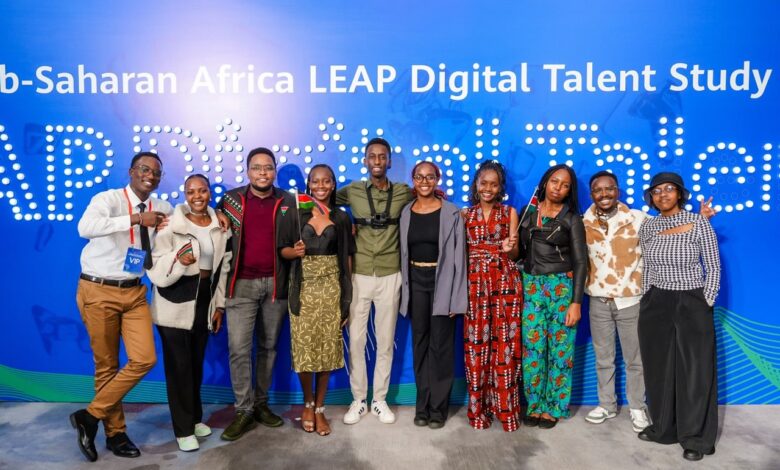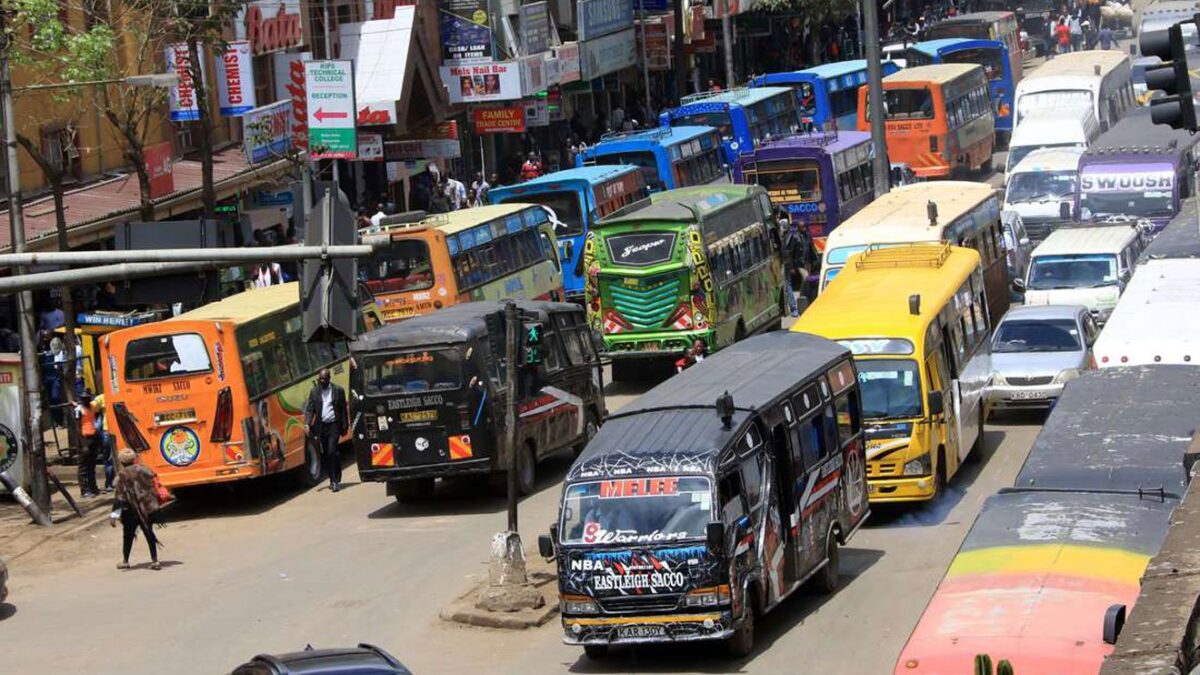
The University of Nairobi Grounds became a vibrant employment hub on Tuesday, 8 July 2025, as the Huawei LEAP Job Fair united over 60 Chinese and Kenyan enterprises under the banner “Unlocking Potential, Building Connections.” More than 1,700 posts were tabled for young Kenyans, underscoring the strength of China-Kenya ties in digital skills advancement, innovation and inclusive growth.
A Strategic Partnership Delivering Results
Co-hosted by the Kenya-China Economic and Trade Association (KCETA) and the University of Nairobi, the fair showcased KCETA’s 104 member firms and their pivotal role in industrial growth and job creation. Yu Xiaodong, KCETA President and China Road and Bridge Corporation Kenya GM, hailed the event as proof of “the growing, results-driven partnership” delivering jobs beyond landmark infrastructure such as the Standard Gauge Railway and Nairobi Expressway. Chinese companies now employ 60,000+ Kenyans while fuelling people-centred development through training and social programs.
Transforming Lives Through Skills Development
Huawei’s Comprehensive LEAP Initiative
Huawei’s LEAP (Learn, Engage, Accelerate, Progress) programme aims to train 100,000 Kenyan youth in cloud, AI, networking and cybersecurity by 2026. The tech giant already mentors about 6,000 students annually and, through its Management Trainee Programme, has converted 133 of 200 graduates into full-time staff—an impressive 66.5% placement rate. The initiative dovetails with Huawei’s Seeds for the Future pipeline and complements its 50+ university and TVET ICT Academies nationwide.
Building Kenya’s Digital Future
The Kenya School of TVET and Huawei recently inked a three-year pact to open 150 ICT Academies, certify 1,000 students and train 150 instructors annually, targeting the 70% of Kenyan youth who currently lack advanced digital skills. Mobile initiatives like the Huawei DigiTruck program extend training to rural counties and bridge the urban–rural divide.
Government Support and National Alignment
Deputy President Prof. Kithure Kindiki, delivering the keynote, urged firms to “prioritise Kenyan talent” as the nation positions itself as Africa’s preferred talent hub under Vision 2030 and the Bottom-Up Economic Transformation Agenda. Media partner Nation Media Group reinforced the private sector’s role in youth empowerment, digital transformation and economic progress.
China-Kenya Economic Cooperation: A Model for Development
Alongside infrastructure, the bilateral framework spans technology transfer via ICT academies, healthcare equipment donations and green initiatives. Companies such as KEDA Ceramics alone account for over 50,000 direct and indirect Kenyan jobs, illustrating the multiplier effect of sustained investment.
Success Stories and Global Recognition
Kenyan students excel on the world stage. At the 2025 Huawei ICT Competition Global Finals in Shenzhen, they clinched first place in Computing and podium finishes in Network and Cloud tracks, with an all-girls team earning the Women in Technology Award. Interested students can now register for the next Huawei ICT Competition.
Measuring Economic Impact
Huawei’s Global Digitalization Index shows every dollar invested in digital transformation can generate $8.3 in returns—a finding explored in Tech-ish’s analysis of the Huawei report on digital returns. With the World Bank predicting that 55% of Kenyan jobs will require digital skills by 2030, initiatives like LEAP directly support national competitiveness.
Future Prospects and Expansion Plans
Huawei plans to train 150,000 more tech talents across Sub-Saharan Africa within three years. Its East Africa Regional Training Center in Nairobi, which has already coached 7,200 trainees, positions Kenya as a regional digital skills hub, ready to export expertise and attract investment.
Addressing Challenges and Opportunities
Targeted programmes tackle gender disparity and rural inclusion. Huawei’s Women in Technology forums, Girls in Tech career fairs and the DigiTruck’s county tours exemplify holistic, inclusive development that ensures no community is left behind in the digital economy.
Conclusion
The Huawei LEAP Job Fair illustrates how strategic public-private and international collaboration can convert youth unemployment into digital opportunity. By blending large-scale training, industry partnerships and merit-based hiring, China and Kenya are co-creating sustainable career pathways that underpin long-term economic growth and position the country as Africa’s digital talent powerhouse.





